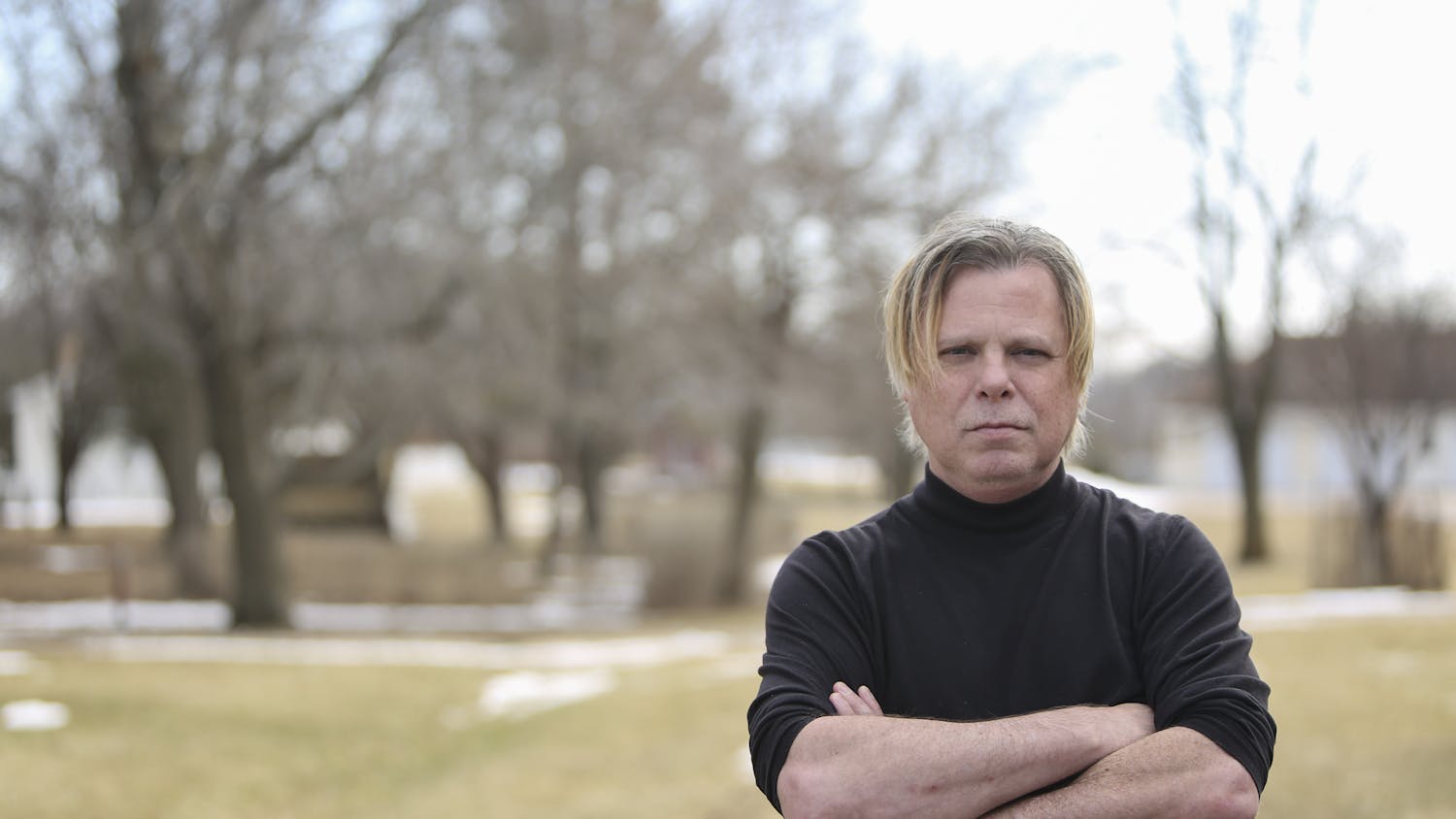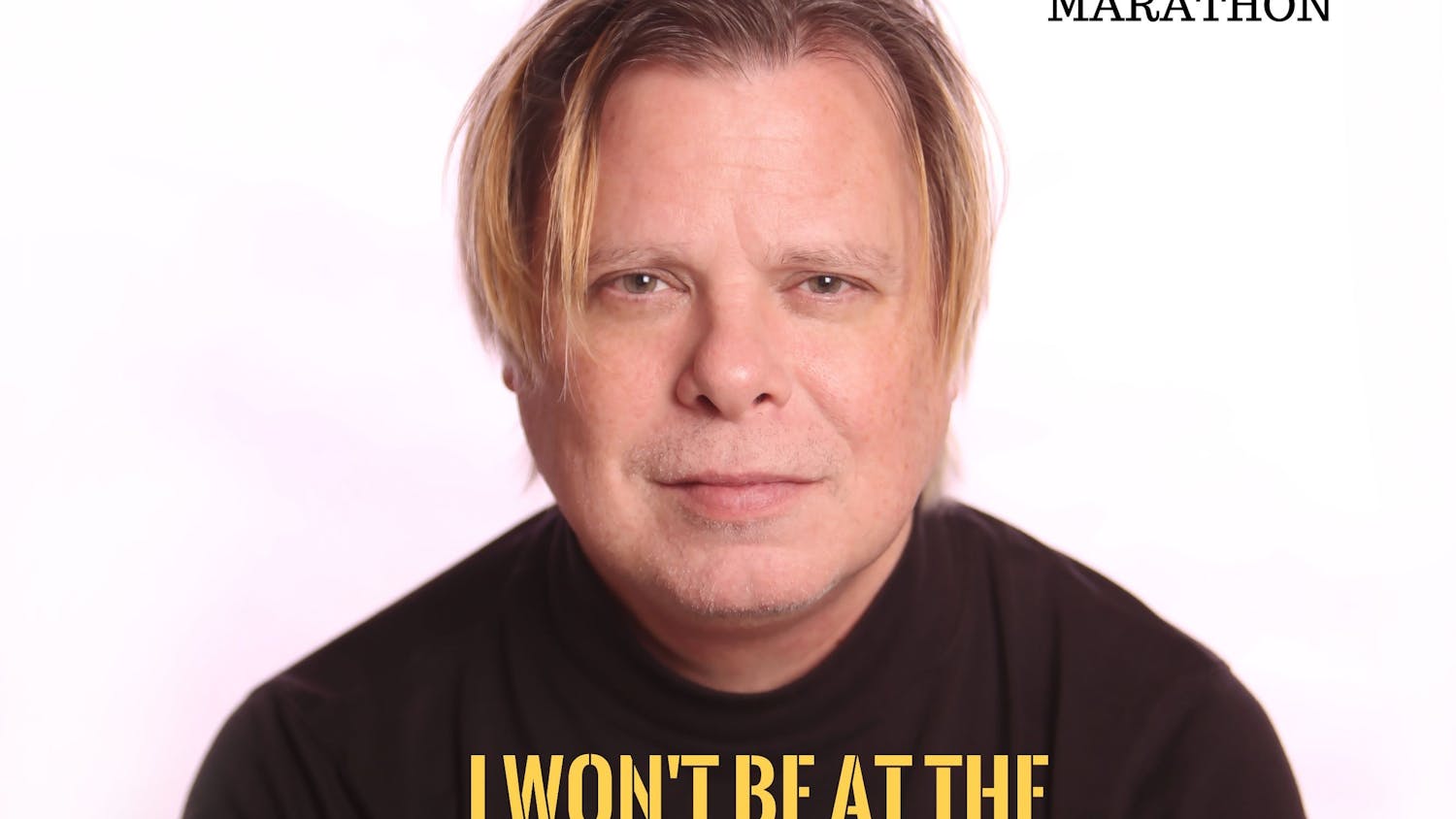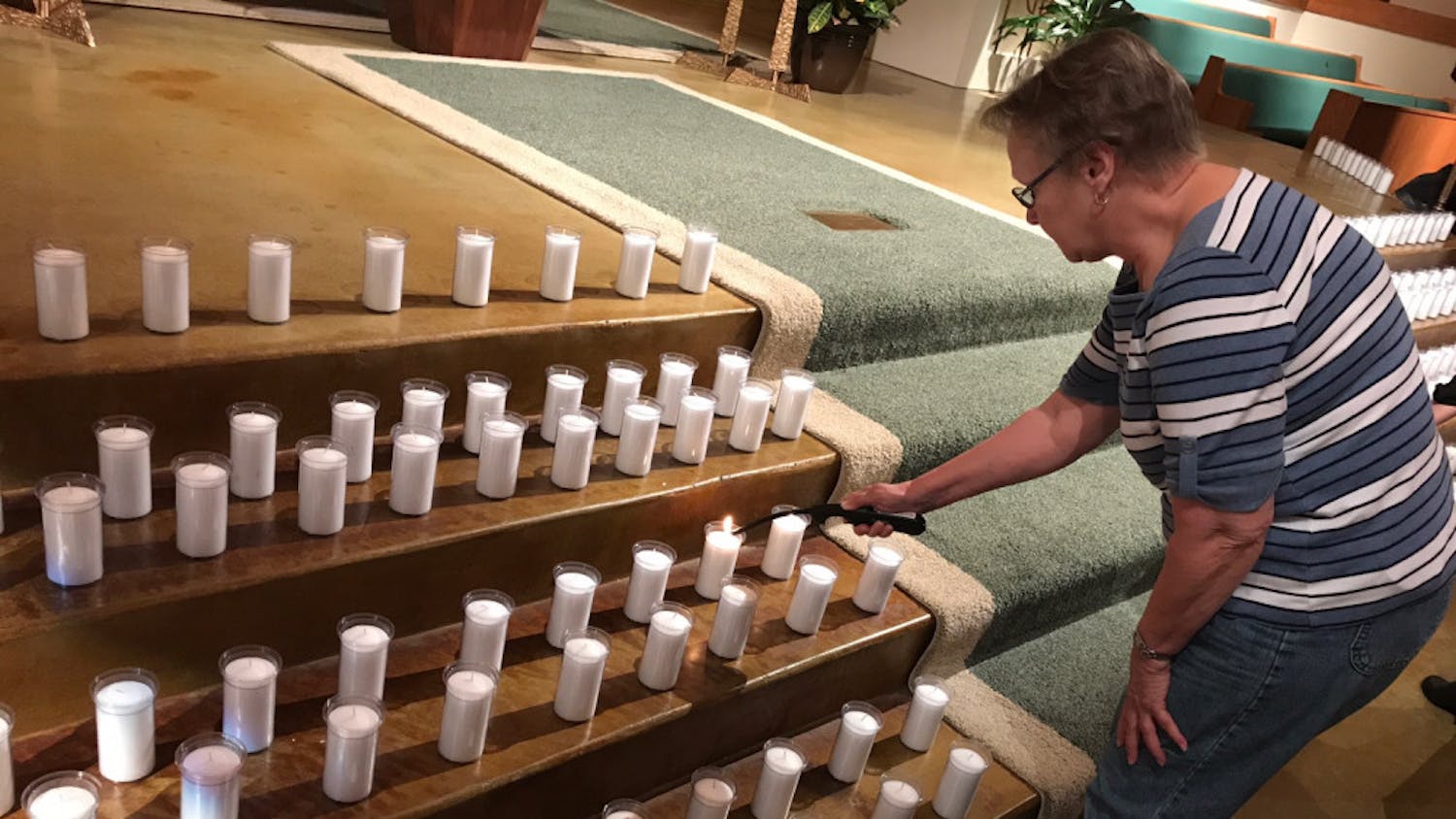Last October, a 19-year-old made headlines when he announced he would lose his virginity on stage in front of a crowd as part of a performance art piece.
Clayton Pettet, the teenager in question, said he would have anal sex for a project called “Art School Stole My Virginity.” The performance happened this past week and raised questions of what constitutes a first sexual experience.
According to Pettet, our society holds a lot of value to the idea of virginity, and the project was his way of “losing the stigma around virginity,” according to an article by the Daily Star.
He brings up an interesting point: Our society does reinforce the idea that losing one’s virginity is the end-all and be-all as the ultimate rite of passage into adulthood. Even just by using the term “losing your virginity,” it implies that having sex for the first time inherently takes something away and changes something about you.
As great as sex is, though, it’s not magic. You don’t automatically change into something else just because you have had sex one time.
And what exactly constitutes losing your virginity, anyway?
According to one article by The Atlantic that discussed myths about virginity, another issue is that people are misinformed when it comes to what should happen your first time.
Have you heard the popular phrase “pop your cherry”? It supports the idea that people with vaginas should bleed the first time they have intercourse because the penetrative act breaks their hymen.
That’s not true — you’re not supposed to bleed! Bleeding happens when there is not proper lubrication during sexual activity, but by reinforcing this idea, we turn sex into a scary and possibly traumatic event.
And what about gay couples? Do lesbians never actually lose their virginity because they do not have penetrative penis-in-vagina sex?
The concept of virginity is incredibly heteronormative because of this. Traditionally, a home run is having penetrative intercourse that involves a penis and a vagina. But that leaves out all sorts of other options, including digital sex, oral sex, anal sex or even masturbation.
Society cannot dictate what sex is — only the person having it can do that. If you think sex is you plus a dildo, that works. Or if you think virginity is just a social construct and does not even exist, well, more power to you on that end as well.
All these myths and inaccuracies about virginity create a problem. They make first-time sex a stressful and daunting experience rather than the fun and liberating adventure it should be.
The taboo of losing one’s virginity makes it harder for people to ask questions, leading to unsafe sexual practices. We are unable to have conversations about sex because there is still such a stigma attached to it.
By spreading myths like this, we turn sex into a bigger thing than it really is. As long as the act is consensual, it does not matter when you first have sex or in what manner or with whom you do it.
You are not “losing” anything by doing so, but having sex will also not make you more mature or turn you into something you are not.
What will having sex for the first time do? Well, you’ll join the ranks with millions of other people across the world who have had sex, which just goes to show you — sex is normal.
It shouldn’t be a stressful experience, and we as a society need to lose the stigma behind losing your virginity.
[Robyn Smith is a UF journalism sophomore. Her columns appear on Mondays. A version of this column ran on page 7 on 4/7/2014 under the headline "We need to pop the virginity stigma"]





